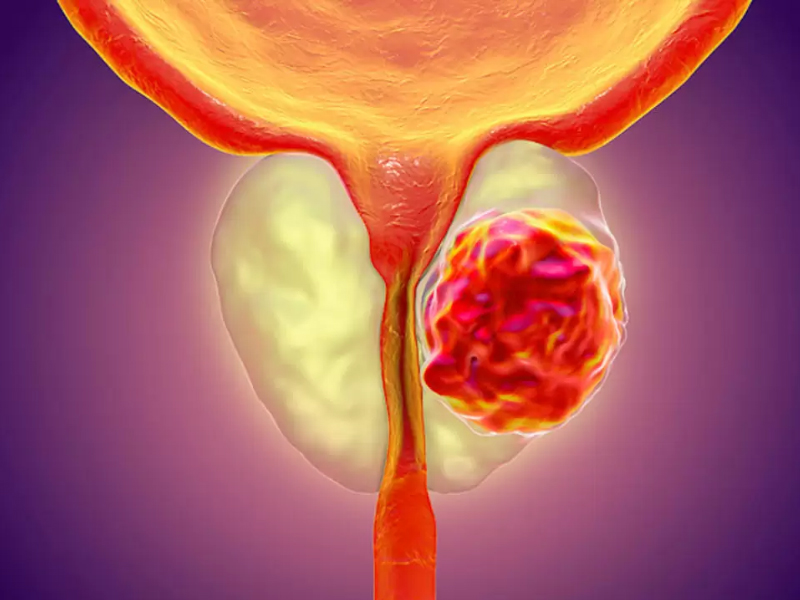Prostate Cancer
Prostate cancer is one of the most common types of cancer in men. The prostate is a small gland located under the urethra and covers the urethra when it joins with sperm as part of the seminal fluid. Unfortunately, the risk of prostate cancer increases with age. This type of cancer, which is usually asymptomatic in its early stages, can be detected early with regular screening and awareness. The importance of early detection is of great value in increasing the treatability of the disease and preserving quality of life.
Although the cause of prostate cancer is not fully understood, it is known to be associated with risk factors such as age, race and family history. Regular medical check-ups and screening methods, such as prostate-specific antigen testing, help detect prostate cancer risk of men in the early stages. Prostate cancer diagnosed at an early stage is more treatable and therefore the importance of regular screening should be emphasized.
Prostate cancer treatment may involve various methods depending on the stage of the disease, the size of the tumor and its spread. For small tumors caught at an early stage, active observation (wait-and-see) may be used. However, as the tumor grows or spreads, treatment options such as surgery, radiotherapy, chemotherapy or hormone therapy are considered. Thanks to advances in medical technology, less invasive surgical techniques and targeted therapies have been developed, improving patients’ recovery and quality of life.
Prostate cancer treatment can affect not only physical health but also the patient’s psychological and emotional well-being. Therefore, it is important that patients receive psychological and emotional support during the treatment process. After prostate cancer treatment, regular follow-up and check-ups are also vital to monitor the patient’s health status and detect possible recurrences at an early stage.
To conclude, prostate cancer is a major health problem for men and the importance of early detection should be emphasized. Regular medical check-ups and prostate screenings help to detect the disease in its early stages and increase its treatability. Treatment for prostate cancer varies depending on the stage and spread of the disease, and a treatment plan should be developed taking into account the individual circumstances of patients. During the treatment process, not only the physical health of the patients, but also their psychological and social needs should be taken into consideration, and patients should be ensured to adapt to the treatment process and receive support. This will help prostate cancer patients lead a healthy life and minimize the negative effects of the disease.


